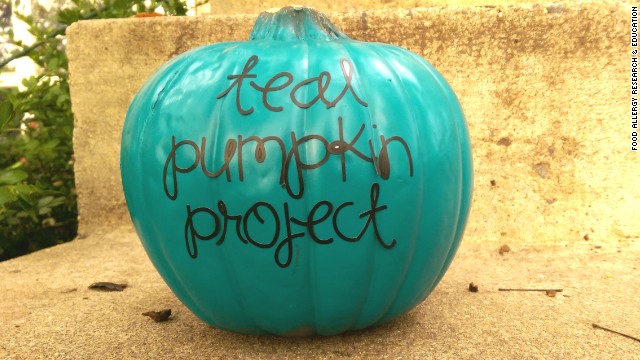A poll conducted in 2010 found a good percentage of people believe witches exist, and that houses can as well be haunted.
For a surprising number of people, scary symbols represent something real.
Though, majority do not harbor beliefs in the supernatural, but, many of us engage in superstitious thoughts or behaviors without second thought. When was the last time you knocked on wood, blamed an unlucky occurrence on Mercury slipping into retrograde, or found yourself unwittingly avoiding stepping on cracks in the sidewalk?
Psychologist Susan Whitbourne says superstitions are some of our “most fascinating, and yet least studied, everyday behaviors.“
Superstition is a belief or behavior that has two features: One is that it is aimed at bringing about good luck or avoiding bad, and the second is that it’s not supported by what we know of science and typically makes reference to some sort of magical influence, says Stuart Vyse, professor of psychology at Connecticut College and author of Believing In Magic.
It would be labeled magical because it isn’t supported by our common understanding of science.
According to Vyse, embracing irrational beliefs and superstitious behavior has a lot to do with something that psychologists call the “illusion of control.“
People have anxieties about things that they care about, that they want to happen, or things that they’re afraid of and want to avoid, People sometimes feel as though, no matter how hard they try, they can’t guarantee that the outcome they’re looking for will happen. So without that sense of pure control, people are willing to grasp at anything that will make them feel some sense of control.”
Followings are more reasons we believe in ghosts:
We create our own systems of certainty.
People tend to find a way to control an outcome they are not sure of.
People believe in things like astrology because it works for them better than anything else, your own system is the most efficient one, whether it’s a guardian angel, a rabbit’s foot, or a God watching over you. And if it doesn’t work, there’s always an excuse for it, says Herbert Gans, professor of sociology at Columbia.
The mere act of doing something that’s aimed at bringing about a desired end is psychologically comforting, Vyse added.
Because we’re constantly looking for patterns and connections.
We are pattern-seekers — we are looking for the answer to gaining control over our world, and so one way in which we do that is to notice the coincidence of events, says Vyse.
What’s happening when a good thing happens? What’s happening when a bad thing happens?”
Our tendency to see patterns everywhere means that sometimes we discover wonderful truths about the world,” Psychology Today’s Kaja Perina wrote.
Just as often, we are drawn into subjective cul-de-sacs.
One common thinking error related to coincidences is known in psychology as Type 1 error. This has to do with false positives, or our tendency to believe a hypothesis is true when it’s not — in the case of coincidences, we believe in a link between two things when in fact there is none.
Read also > How meditation turned life around for a widow gripped by anxiety
People focus on the instances in which the two things were related, and they don’t always look at the other times, concludes Vyse.



